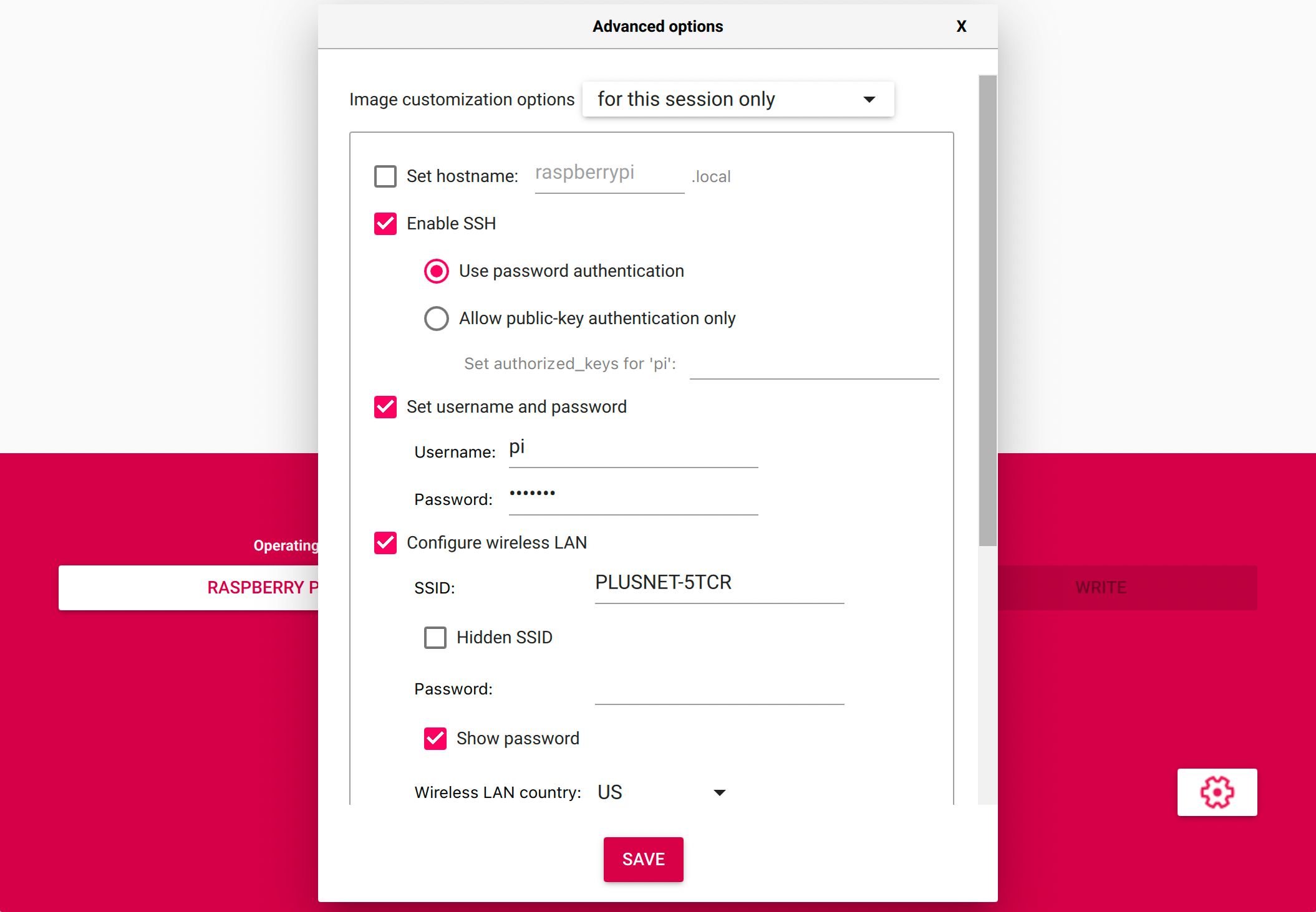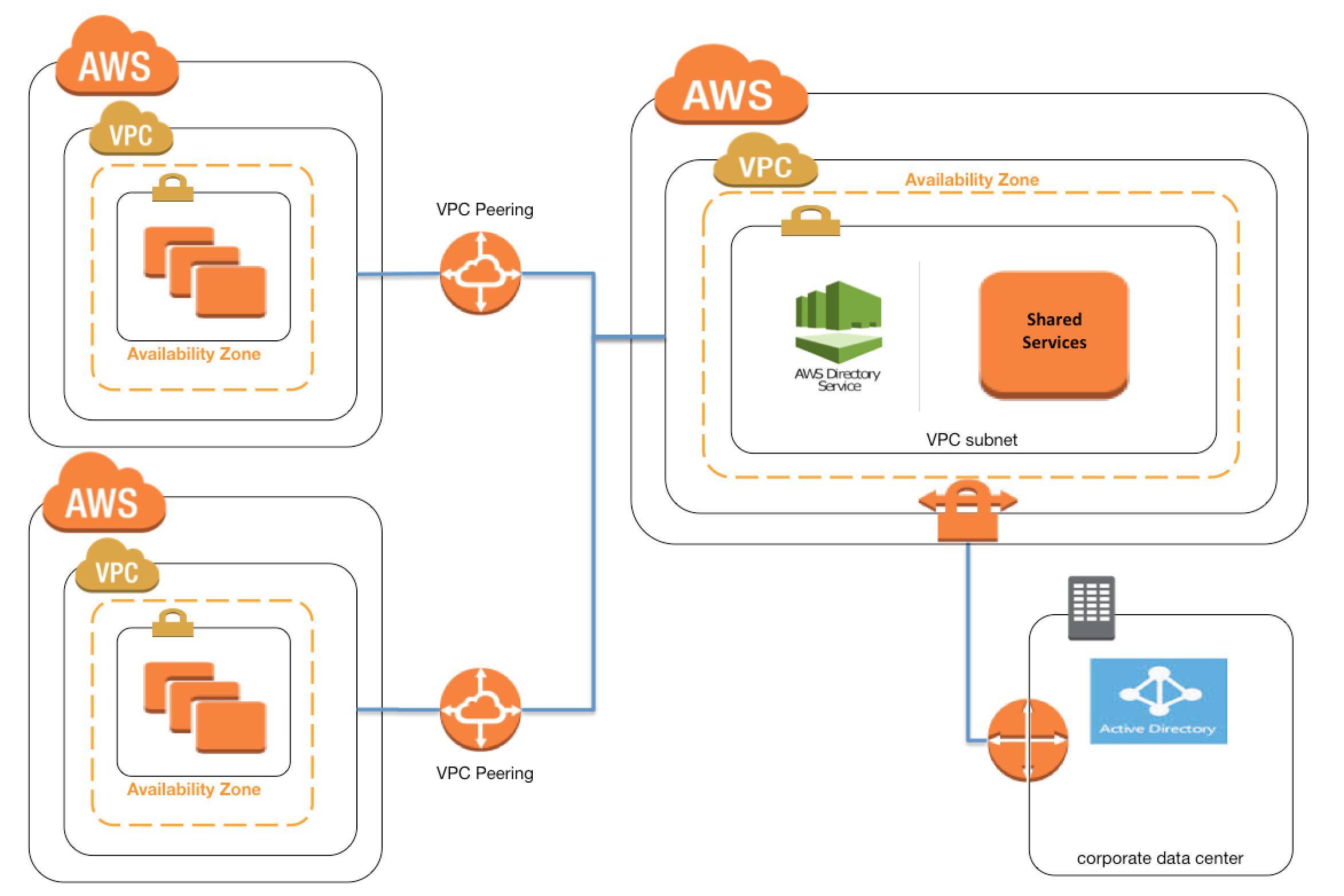Are you tired of navigating through endless technical jargon when trying to understand AWS Remote IoT VPC SSH? Well, you’re not alone. This guide is here to break it down for you in simple terms—no fancy lingo, just straight-up info that matters. Whether you’re a beginner or someone looking to refine their knowledge, we’ve got you covered. So, buckle up because we’re about to dive deep into the world of AWS Remote IoT VPC SSH download free!
You’ve probably landed here because you’re curious about how AWS can help you manage IoT devices remotely through Virtual Private Cloud (VPC) and SSH. And why not? AWS has become the go-to platform for businesses and tech enthusiasts alike. But let’s face it, navigating AWS can sometimes feel like finding your way through a maze. That’s where this guide comes in—to make things crystal clear.
Before we get into the nitty-gritty, let’s establish one thing: AWS Remote IoT VPC SSH is all about connecting securely to IoT devices from anywhere in the world. And guess what? You can do it for free if you know the right tricks. Stick around, and we’ll show you how.
Read also:Bollyflix Site Your Ultimate Destination For Bollywood Entertainment
What is AWS Remote IoT VPC SSH?
Alright, let’s start with the basics. AWS Remote IoT VPC SSH is essentially a setup that lets you remotely access and manage IoT devices using SSH (Secure Shell) within a Virtual Private Cloud environment. Think of it as a secure tunnel that connects your devices to the cloud, allowing you to control them from anywhere. And the best part? AWS provides tools and services that make this process seamless.
Why Use AWS for IoT?
Here’s the deal: AWS isn’t just another cloud provider; it’s the king of the jungle when it comes to IoT solutions. With AWS IoT Core, you can connect millions of devices and interact with them easily. Plus, the added security layer of VPC and SSH ensures that your data stays safe from prying eyes.
- AWS IoT Core handles device management at scale.
- VPC ensures secure communication between devices and the cloud.
- SSH provides encrypted access to your devices.
Setting Up AWS Remote IoT VPC SSH
Now that we’ve covered the basics, let’s talk about setting up AWS Remote IoT VPC SSH. This part might sound intimidating, but trust me, it’s easier than you think. Just follow these steps, and you’ll be good to go.
Step 1: Create an AWS Account
First things first, you need an AWS account. If you don’t have one already, sign up for free. AWS offers a free tier that includes many services, including IoT Core and VPC. So, you won’t have to spend a dime to get started.
Step 2: Set Up Your VPC
Once you’ve created your account, head over to the AWS Management Console and navigate to the VPC dashboard. Here, you can create a new VPC and configure its settings. Make sure to enable public and private subnets for maximum flexibility.
Step 3: Configure IoT Devices
Next, you’ll need to set up your IoT devices. Use AWS IoT Core to register and manage your devices. This step involves creating certificates and policies to ensure secure communication.
Read also:Alex Edelman Daughter The Rising Star In Her Own Right
Step 4: Enable SSH Access
Finally, enable SSH access to your devices. You can do this by configuring security groups in your VPC to allow SSH traffic. Once everything is set up, you’ll be able to connect to your devices using an SSH client.
Benefits of AWS Remote IoT VPC SSH
Now that you know how to set it up, let’s talk about the benefits. Why should you choose AWS Remote IoT VPC SSH over other solutions?
- Security: With VPC and SSH, your data is protected from unauthorized access.
- Scalability: AWS IoT Core can handle millions of devices, making it perfect for large-scale deployments.
- Cost-Effective: AWS offers a free tier, so you can test and experiment without breaking the bank.
- Flexibility: You can access your devices from anywhere in the world, as long as you have an internet connection.
Common Challenges and Solutions
Of course, no setup is without its challenges. Here are some common issues you might face and how to solve them:
Challenge 1: Connectivity Issues
If you’re having trouble connecting to your devices, double-check your security group settings. Make sure SSH traffic is allowed and that your devices are properly registered in AWS IoT Core.
Challenge 2: Performance Bottlenecks
As your deployment grows, you might encounter performance issues. To avoid this, consider using AWS IoT Greengrass for edge computing. It allows you to process data locally, reducing latency and improving performance.
Challenge 3: Security Concerns
Security is always a top priority. To enhance security, use AWS Key Management Service (KMS) to manage encryption keys. This ensures that your data remains secure at all times.
How to Download AWS Remote IoT VPC SSH for Free
Here’s the part you’ve been waiting for—how to download AWS Remote IoT VPC SSH for free. As mentioned earlier, AWS offers a free tier that includes many services, including IoT Core and VPC. All you need to do is sign up for an account and start using these services.
Additionally, there are several open-source tools and libraries available that can help you manage your IoT devices. Some popular ones include:
- MQTT
- Node-RED
- FreeRTOS
These tools integrate seamlessly with AWS and can enhance your IoT setup without costing you a dime.
Data and Statistics
Let’s talk numbers for a moment. According to a recent report, the global IoT market is expected to reach $1.5 trillion by 2030. That’s a massive opportunity for businesses and individuals alike. And with AWS leading the charge, you can be sure that you’re investing in a platform that’s here to stay.
Furthermore, AWS IoT Core processes over 1 billion messages per day, proving its scalability and reliability. These stats should give you confidence in choosing AWS for your IoT projects.
Best Practices for AWS Remote IoT VPC SSH
To get the most out of your AWS Remote IoT VPC SSH setup, follow these best practices:
- Regularly update your device firmware to ensure security.
- Monitor your devices using AWS IoT Device Defender for real-time insights.
- Use AWS CloudWatch to track logs and metrics for better troubleshooting.
Future Trends in AWS IoT
As technology continues to evolve, so does AWS IoT. Some exciting trends to watch out for include:
- Increased adoption of edge computing.
- Integration with AI and machine learning for smarter devices.
- Enhanced security features to protect against cyber threats.
By staying ahead of these trends, you can future-proof your IoT setup and ensure long-term success.
Conclusion
And there you have it—a comprehensive guide to AWS Remote IoT VPC SSH download free. We’ve covered everything from the basics to advanced topics, ensuring that you have all the information you need to get started. Remember, the key to success is to keep learning and experimenting.
So, what are you waiting for? Take action today by setting up your AWS account and exploring the endless possibilities of IoT. And don’t forget to share this guide with your friends and colleagues. Together, let’s build a smarter, more connected world!
Table of Contents
- What is AWS Remote IoT VPC SSH?
- Why Use AWS for IoT?
- Setting Up AWS Remote IoT VPC SSH
- Step 1: Create an AWS Account
- Step 2: Set Up Your VPC
- Step 3: Configure IoT Devices
- Step 4: Enable SSH Access
- Benefits of AWS Remote IoT VPC SSH
- Common Challenges and Solutions
- Challenge 1: Connectivity Issues
- Challenge 2: Performance Bottlenecks
- Challenge 3: Security Concerns
- How to Download AWS Remote IoT VPC SSH for Free
- Data and Statistics
- Best Practices for AWS Remote IoT VPC SSH
- Future Trends in AWS IoT
- Conclusion



